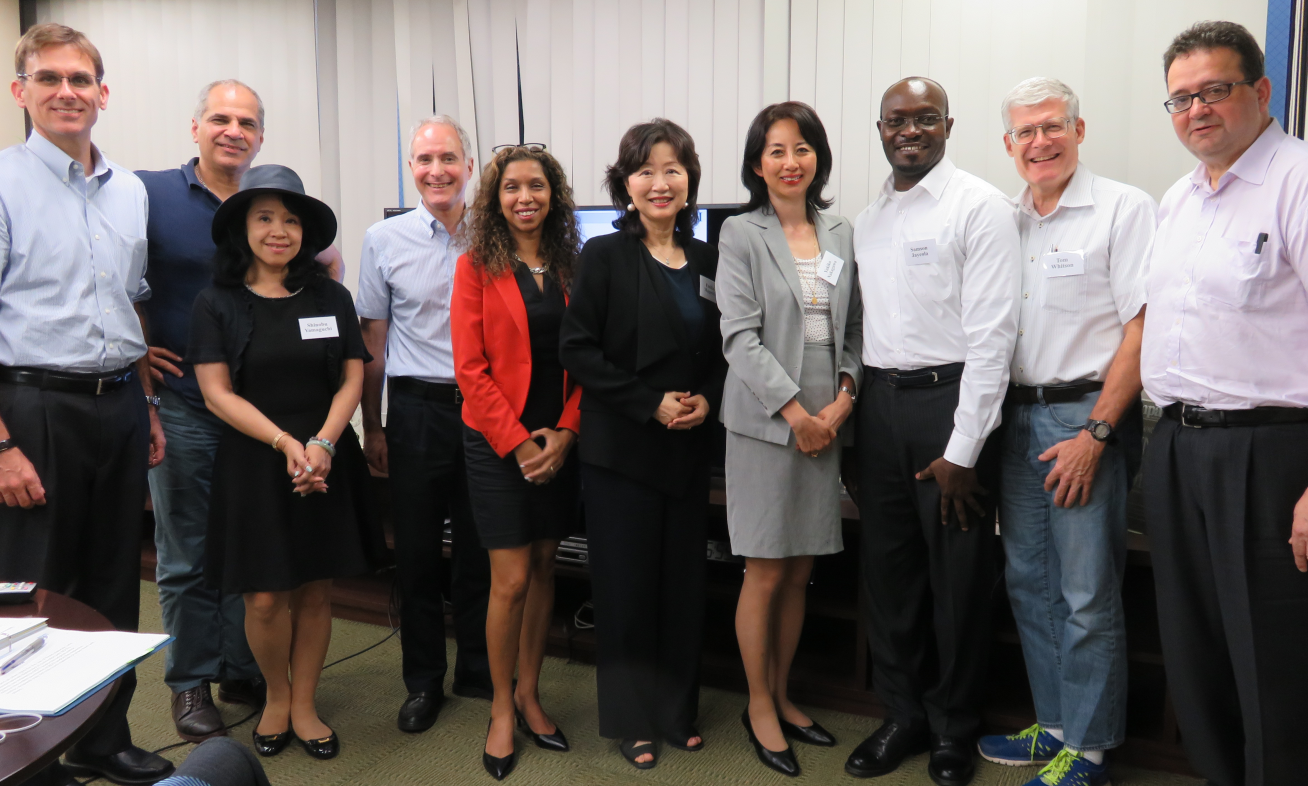Below is an interview on the recent state of Corporate governance in Japan that was held early this month. The interview is between Mr. Miyajima Hideaki (Faculty Fellow, RIETI / Waseda University), interviewer and Mr. Colin Mayer (Said Business School, Oxford University), interviewee.
Mr. Mayer shares his opinions on the unique features of corporate governance in Japan, how to encourage companies to take risks, ownership structures, the role of outside directors, the comply and explain principle and the role of corporate governance in promoting strong economic performance.


